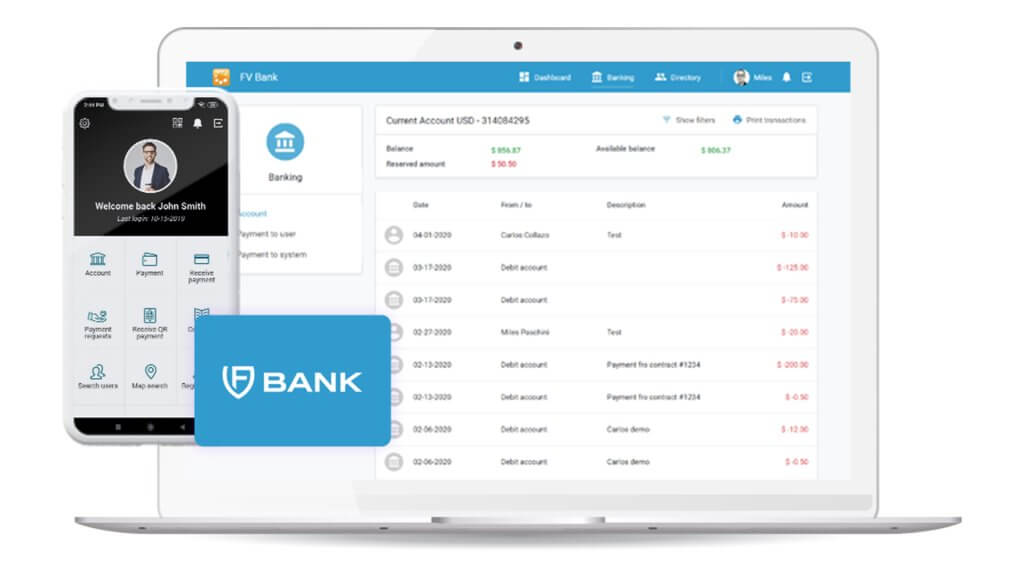Corporate Social Purpose & ESG – New Business Essentials
A global shift is redefining the contract between businesses and their communities from simply “being responsible” to creating real social value. Consumers, investors and employees increasingly expect firms to leverage their corporate DNA – and address complex societal issues through the adoption of Environmental-Social-Governance (ESG) & Corporate Purpose frameworks. Governments and society are urging firms to consider a wider lens – believing that firms can and must create both shareholder & societal value. Despite the heightened politicization of ESG, societal forces shaping the future of business are not moving backwards; the pandemic has illuminated examples of the positive role firms can play in addressing societal issues, while concurrently delivering shareholder value. As such, firms who fail to adapt to the new reality will risk losing the global race for brand trust, talent, relevance and long-term competitiveness. Defining and owning your Corporate Social Purpose is the most critical competitive advantage of our time. Shareholders & Society will benefit. Dare to make the leap.
The Goodman Sustainability Group and affiliated entities are focused on catapulting global action on Corporate Purpose. This means brands of all sizes, clarifying why they exist beyond a ‘profit-only model’ and establishing their imperative to deliver on both shareholder and societal value. We are Canadian based with a globally focused mandate, underpinned by an ethos of inclusive growth, a transformative leadership mindset and undaunted resolve to encourage corporate action on societal issues. We consult with firms of all sizes – demystifying and enabling their corporate sustainability strategies.
We hold the view that the new frontier for competitiveness and sustainability fundamentally includes bold action on Corporate Social Purpose; this is the over-arching strategic framework for momentum on Net Zero & Environment, Social, Governance (ESG). Net Zero and ESG strategies untethered from Corporate Purpose, will struggle to be successful in the long-term.
Notwithstanding the current uncharted context of geo-political risk, market risk & stakeholder complexity, we are nonetheless observing a historic corporate shift underway; society compelling firms of all sizes to step up and take bold action on sustainability.
The race for talent, relevance and competitive advantage runs through Corporate Social Purpose.
This new reality means adapt or be left behind. Corporate history has examples of iconic brands that ignored the “signs of the times” and are no longer here. Failure to heed the current signals has the potential to impact competitiveness and survivability.
So, what does this mean?
As corporations define their strategy in an uncertain global context, it will important to consider the implications of the following top 10 Sustainability Emerging Themes:
- C-Suite Transformative Leadership Mindset (linked to competitiveness): In establishing a sustained ability to deliver on both shareholder and societal value, a transformational leadership mindset will be essential. This means organizing the firm for long-term competitiveness by imagining a sustainable future that currently does not exist and innovating to make that future a reality. The hallmark of progress will include heightened transparency, along with ‘courage & trust’ as compelling currencies for success.
- No firm left behind: Small & medium enterprises/ entrepreneurs (SME’s) in the developing and developed world will increasingly join the corporate sustainability agenda. The most recent World Bank report on SME’s indicates that this segment makes up about 90% of businesses; they contribute more than 50% of employment world-wide and 40% of GDP in emerging economies. SMEs are vital to the global corporate sustainability transformation and in many cases, they are the back bone of critical supply chains. Of interest, large firms are not only tackling their own sustainability agenda’s but proactively “enabling, mentoring and incentivizing” the sustainability of their respective supply chains. This is a powerful SME shift. https://www.worldbank.org/en/topic/smefinance
- Evolution of Net Zero/ESG & Purpose Frameworks: The multiple ‘frameworks’ currently lacking clarity in some cases will eventually be resolved and will enable inclusive participation. Globally recognized, authoritative frameworks that are ‘fit-for-purpose’ will evolve over time as society makes progress on sustainability.
The evolution will eventually make corporate ‘Reporting & Compliance’ a minimum entry door – replaced by bold action & impact as the new normal.
- Linking Sustainable Cities, Sustainable Communities and Corporate Social Purpose will be increasingly linked and more pronounced. Cities are also in a global race for sustainability & competitiveness as they seek to attract and retain business, capital and families. Smart, Resilient & Sustainable cities will be attractive to purpose-led brands. This is the new normal.
- Public-Private-Partnerships: Prevalence and value of Eco-System Approaches for addressing Societal Issues: In the context of an ‘all of civil-society sustainability approach’, the Corporate Social Purpose agenda will increasingly embrace new thinking and co-creation with NFP’s, Social Enterprises, community groups & various levels of government.
- Leveraging Financial instrument innovation: Due consideration should be given to recent innovations in financing models for Public-Private-Partnerships like Blended Finance models, Social Impact Bonds, Sustainability Bonds and their derivatives, as just some examples of instruments to enable and enhance sustainability progress.
- Emergence of modernized Policy enablers: Government policy innovation impacting corporate and societal sustainability will increasingly “enable the agenda”. Governments will continue to nudge all areas of society to act sustainably by implementing modernized-innovative policy approaches that addresses impact, design, multi-disciplines, eco-systems etc.
- AI and Technology will dominate the sustainability future: Transparent and accessible ESG data along with AI enablers are already ‘disrupting’ this corporate sustainability eco-system. The Arabesque platform of “ESG-Book” which recently launched in early 2022, is an illuminating example.
- CEO as brand leader for sustainability: The momentum for groundswell corporate sustainability change has begun; in a recent KPMG report, the Chair & CEO Paul Knopp makes this claim, “the word ‘CEO’ will soon be synonymous with ‘ESG’ (KPMG CEO Knopp”: This is a sign of the times – leadership on these important societal issues will increasingly fall to the CEO. KPMG CEO Knopp: ‘CEO’ Will Soon Be Synonymous With ESG .
- Support for all sectors on-deck – Low Carbon transition: Stakeholders will increasingly confront the innovation imperative to deal cohesively with ‘trade-offs and complexities’ of economy-wide decarbonization and sustainability. Achieving these goals will require society-wide transition plans that will undoubtedly become more concrete, aligned, better understood and the challenges mitigated over time.
In summary, our related entity VeriStell Institute, includes a captivating quote on the website (www.veristellinstitute.com) capturing the challenge of this corporate moment in history; the words of Roman Stoic Philosopher Seneca 64 AD – “It is not because things are difficult that we do not dare, it is because we do not dare that they are difficult.” Our resolve is to enable the global uptake of Corporate Social Purpose and ignite a roaring worldwide conversation that encourages firms to take action; this will benefit business and society equally. Dare to make the leap!
For business enquiries, contact The Goodman Sustainability Group on their website –https://goodmansustainabilitygroup.com/


Stay updated with our latest publications.
Discover Issues
See how we can help you grow in the online space!
Advertise With Us
We can help promote your business.
Find Out More




